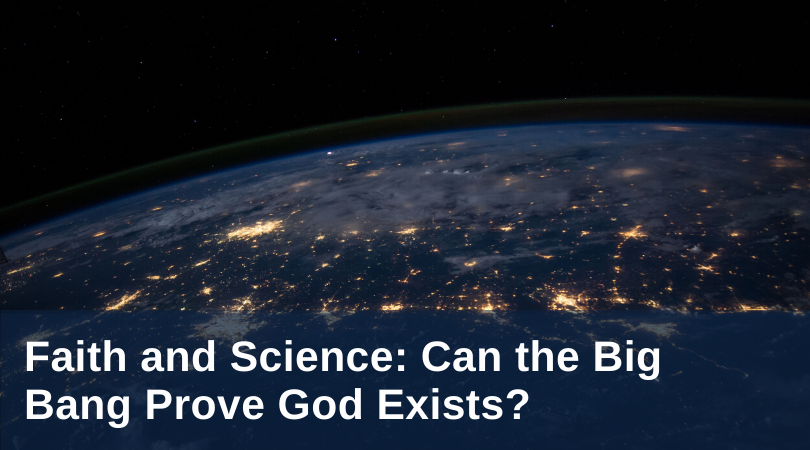Editorial Note: This post is part of our #FaithAndScience series exploring the relationship between science and religion, and is adapted from the author's textbook Faith, Science, & Reason: Theology on the Cutting Edge, 2nd edition (Midwest Theological Forum, 2019).
Should the Big Bang be understood, as it is by some, as proving the existence of God and the divinely inspired truth of the Bible? The answer is no. St. John Paul II once cautioned that we should not use the Big Bang Theory in this way (Message to the Director of the Vatican Observatory,1988). In 1985, he said that “to desire a scientific proof of God would be equivalent to lowering God to the level of the beings of our world, and we would therefore be mistaken methodologically in regard to what God is. Science must recognize its limits and its inability to reach the existence of God: it can neither affirm nor deny his existence” (General Audience, July 10, 1985). We cannot find proof of God’s existence through scientific discovery. Science studies the material world, and God is not part of the material world.


